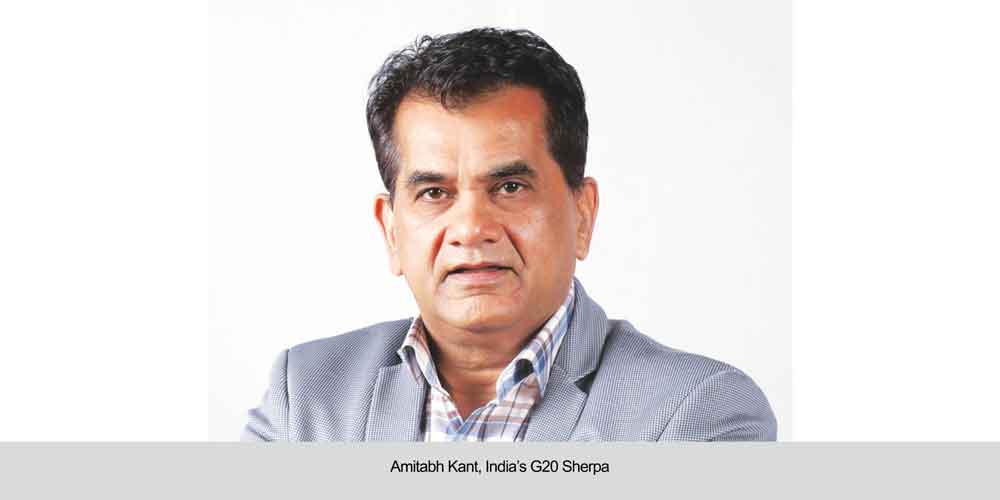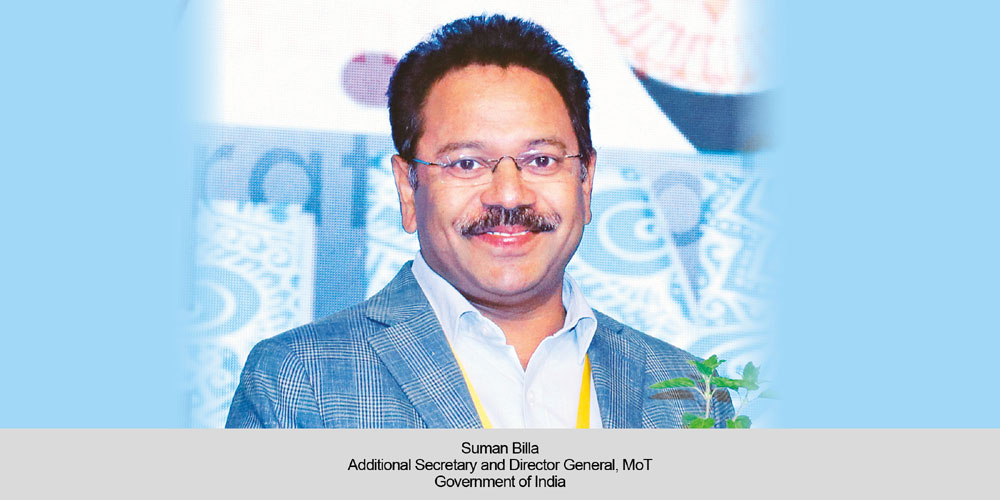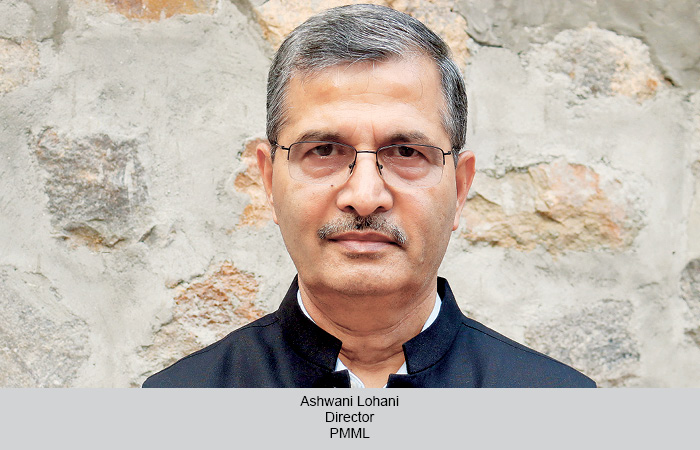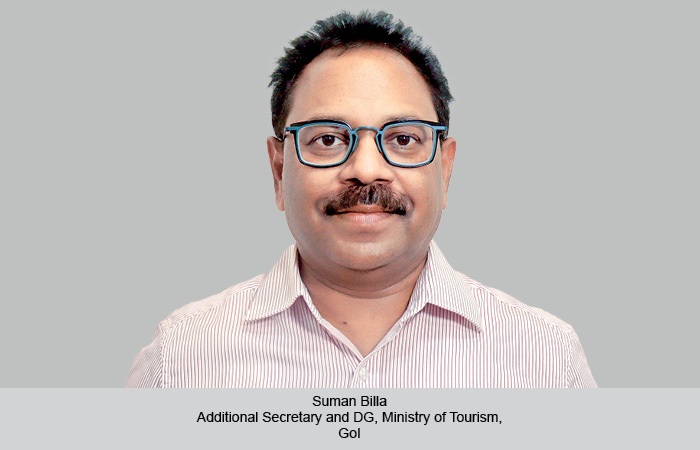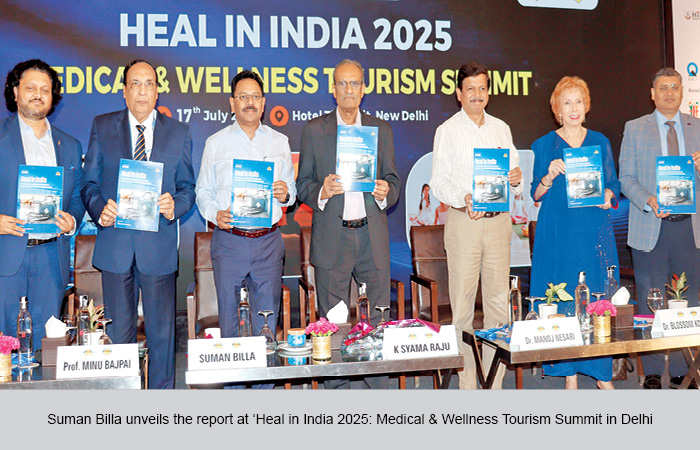Amitabh Kant, India’s G20 Sherpa, says that India’s tourism sector must prioritise job creation. To drive growth, it needs legislations on destination management, improved infra, and a focus on high-value global tourists.
Janice Alyosius
The 18th Annual CII Tourism Summit 2024 witnessed a compelling discussion led by Amitabh Kant, India’s G20 Sherpa, who offered a profound and actionable roadmap for harnessing the tourism sector to generate jobs and drive economic growth. The insights shared by him can serve as a guiding framework for policymakers, industry leaders, and stakeholders.
Tourism for job creation
Kant began by emphasising the unmatched potential of the tourism sector in generating employment. “I think the industry needs to focus not on growth or pounds. It needs to highlight the job potential of the tourism sector. The multiplier impact of tourism is enormous on job creation. India needs jobs, and there is no better sector than tourism to create them,” he said. He urged the industry to approach state governments and position tourism as a pivotal tool for economic development.
State-level engagement
Kant advocated for decentralising tourism initiatives and moving beyond the confines of urban-centric conferences. “Instead of holding the CII conference in the Taj Mahal Hotel, they should go to states with high tourism potential,” he suggested. He emphasised the need for states to enact destination-specific legislation and ensure accountability. “We need to focus on creating Chief Executives of the top 20 destination managers because tourism is multi-sectoral in character,” he said.
Destination management
He highlighted the need for robust destination management. Citing an example, Kant said, “Hampi gets about 750,000 tourists annually, while Angkor Wat attracts close to 3 million. The lack of cleanliness, connectivity, and hotels at Hampi needs urgent attention,” he suggested.
‘Incredible India’ campaign
While addressing India’s international tourism strategy, Kant pointed out the stagnation of global marketing efforts. “The ‘Incredible India’ campaign is dead and gone. You have not marketed India adequately in global markets for the last five years,” he said, adding that, “Make sure that you drive a very rejuvenated, very invigorated, very energetic, incredible India campaign for the world because you can’t grow only on domestic; long term, you need high-value tourism to get into India.” He stressed the importance of targeting high-value markets, such as the USA and Europe. “India must promote itself as an upmarket, high-value destination; cultural and experiential tourism destination. India’s strengths must be highlighted globally,” he added.
Road ahead
Kant shared a blueprint for leveraging tourism to drive economic growth and jobs in India, saying that focusing on job creation, destination management, and global marketing, India can unlock its tourism potential and position itself as a leading destination.
 TravTalk India Online Magazine
TravTalk India Online Magazine

